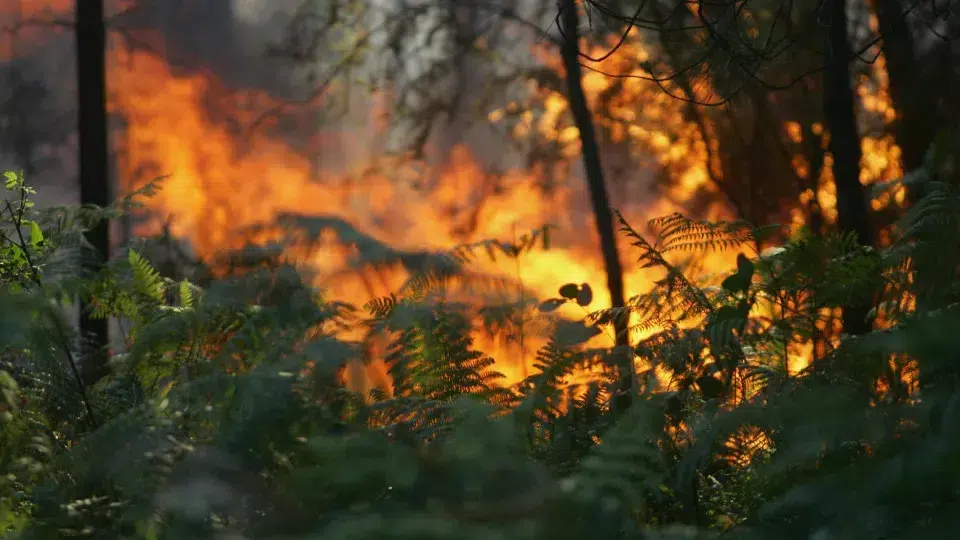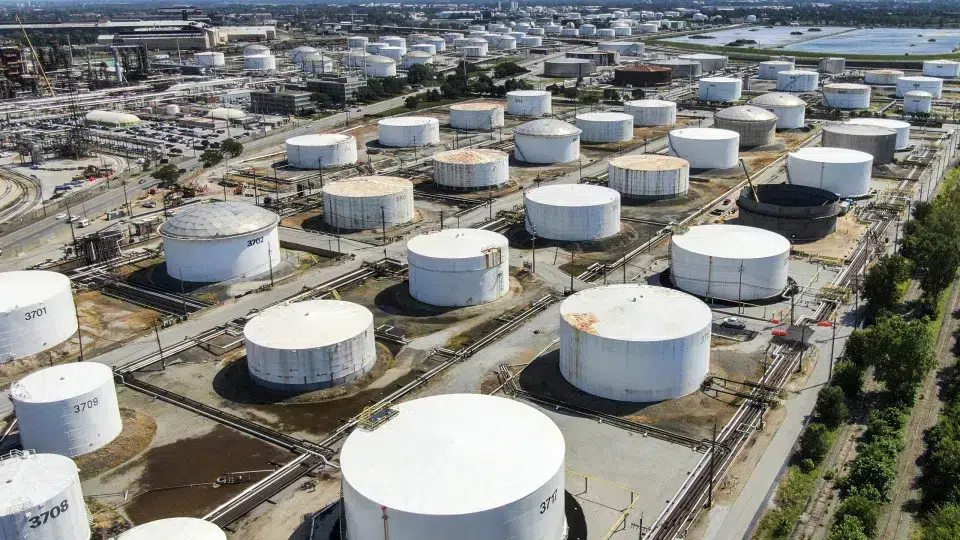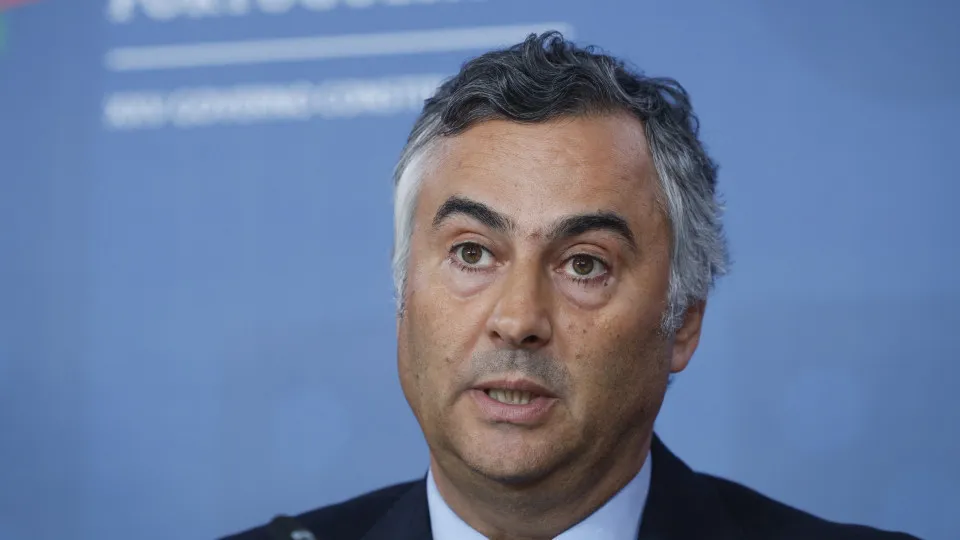The National Republican Guard (GNR) is actively enforcing measures to ensure landowners in Portugal comply with fuel management regulations around homes and populated areas, which may result in fines for non-compliance.
The forest protection team of the GNR was observed during an inspection operation in the municipality of Alijó, in the Vila Real district.
As part of the Safe Forest campaign, Captain Rui Novais highlighted that one of the main challenges the GNR faces is identifying landowners.
Despite these challenges, the commander of the Peso da Régua Territorial Detachment noted that advancements in technology and tools, such as improved land mapping, facilitate the identification of those responsible for land cleaning.
Challenges arise in this region, characterized by an aging and declining population, where landowners might be emigrants, deceased, or their heirs are difficult to trace.
During their visit to Presandães, Alijó, forest guards Rui Pinto and José Correia inspected a previously marked site where the terrain remained uncleared.
With access to the GNR platform via a mobile device, they utilized cartographic and georeferencing information.
They approached José Maria Borges, an elderly resident, who clarified that while he and his neighbor cleaned around their homes, the rest is common land.
“I cleared the area around my house, but the rest isn’t mine; it’s common land,” Borges explained, noting that a cleared area near his home makes him feel safer “because of the fire risk.”
Captain Rui Novais explained that this site had been flagged for non-compliance, and the issue had not been addressed.
He noted that procedures are taken to notify the landowner or the responsible party when discrepancies are discovered.
Originally, the deadline for clearing land was April 30, but in 2025 it was extended to June 15 by the Government.
During this period, the GNR marked 10,417 terrains nationwide as potentially non-compliant for lack of fuel management.
In Vila Real district alone, 280 terrains were identified, and after June 15, five fines were issued for uncorrected land clearing.
Rui Novais mentioned that when non-compliance is confirmed, the owner is identified, or if not possible, further contacts are made, such as with the municipal council.
He noted a growing awareness among citizens in recent years about their responsibility to clear their land.
“Our experience shows that increasingly, people understand that their actions often influence the spread and severity of forest fires,” he emphasized.
Such management, he stressed, “is crucial” to reducing the incidence of severe forest fires.
While not the only solution, it represents a “significant step,” Novais argued.
Elsewhere, a GNR team observed that an area marked in the initial phase had been cleared, with deciduous trees even planted there. In another nearby area, while fuel management had been done, undergrowth had returned, boosted by the rainy spring.
According to Captain Rui Novais, the GNR’s work continues uninterrupted, given the district’s significant fire risk, and teams will remain vigilant during the peak fire period in the coming months.
In Vila Real district, since the beginning of the year, there have been 21 additional fines linked to unauthorized burns and fires, resulting in two arrests and 14 identifications—11 for negligent behavior and three for willfulness.




